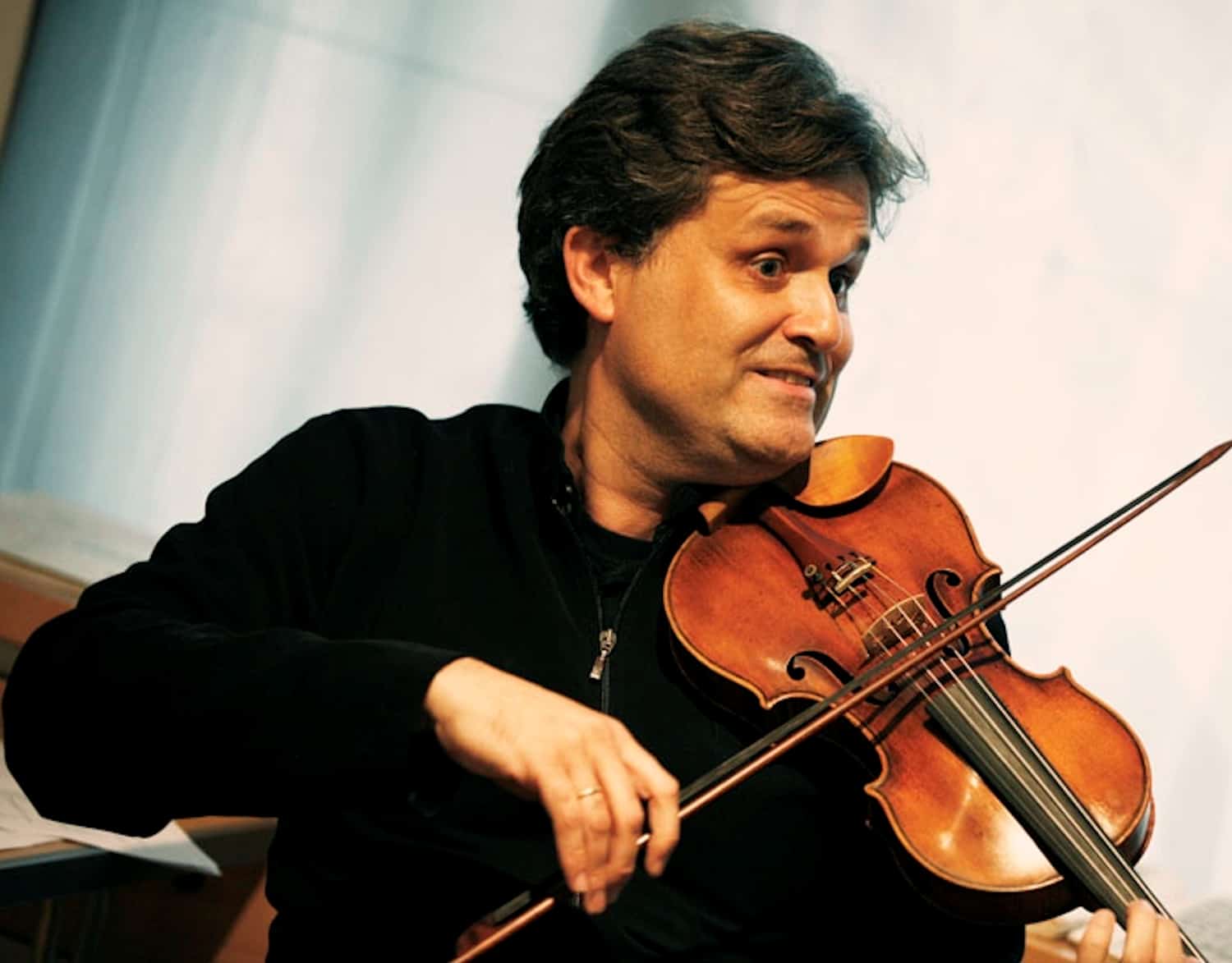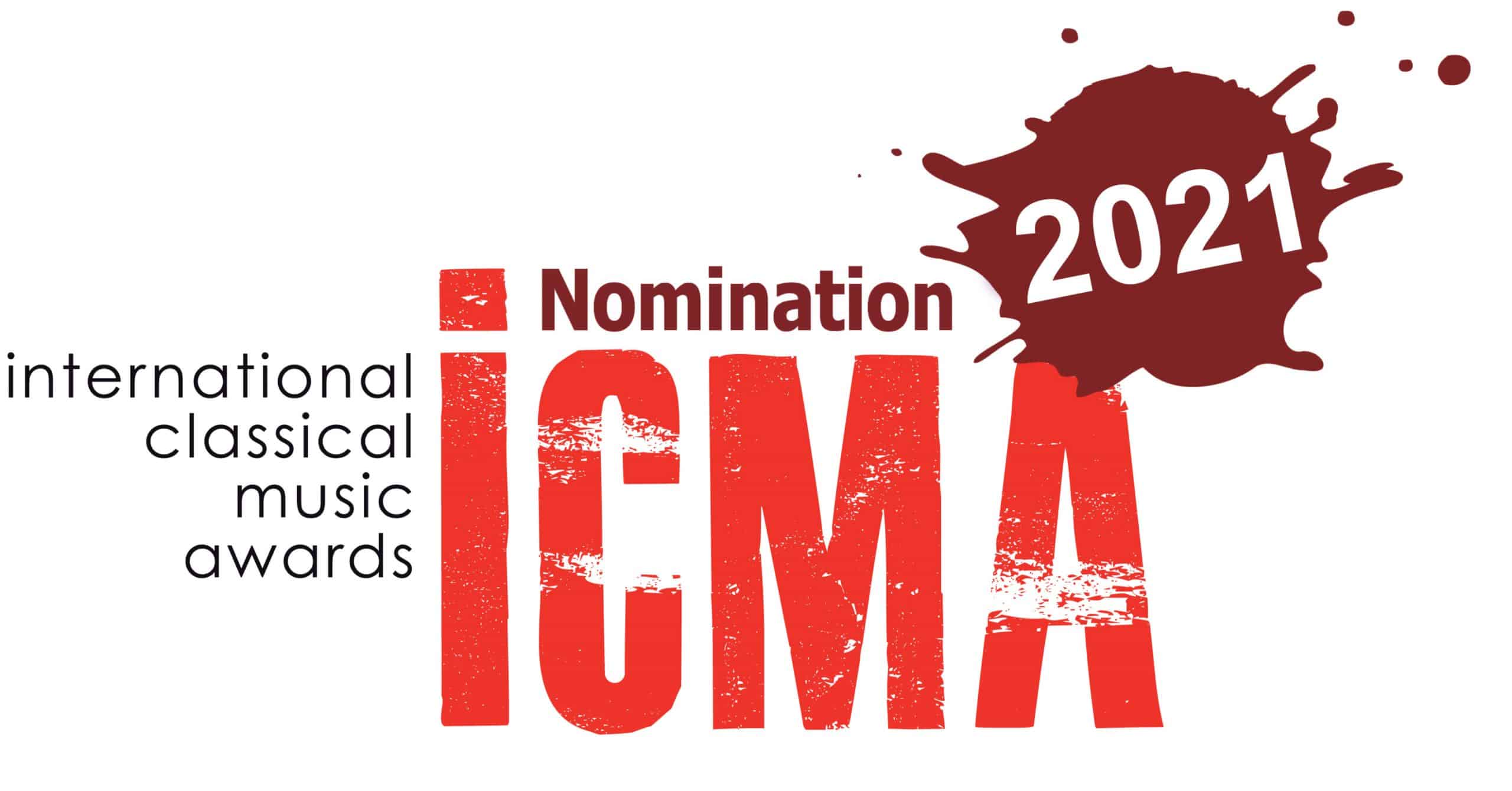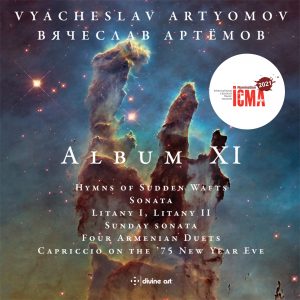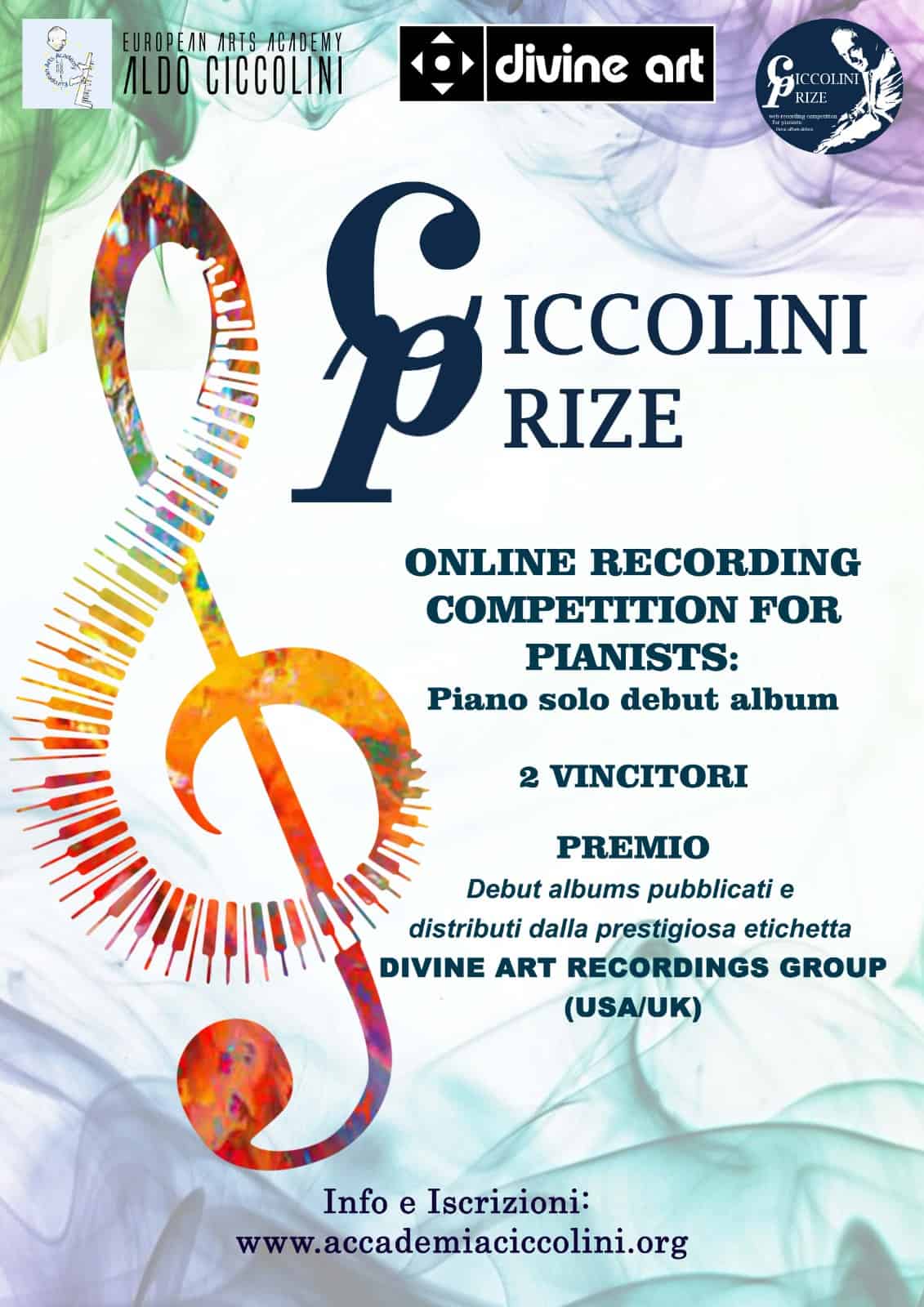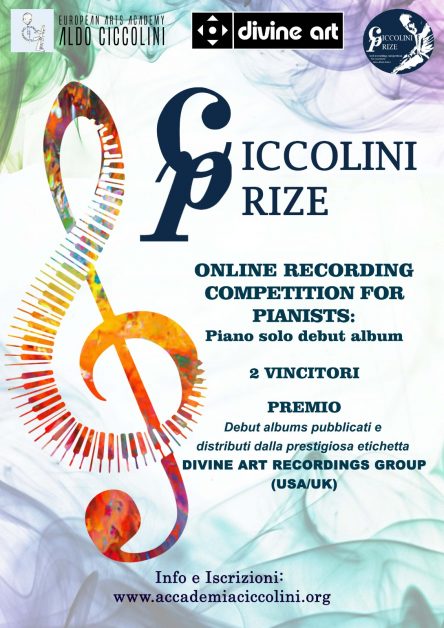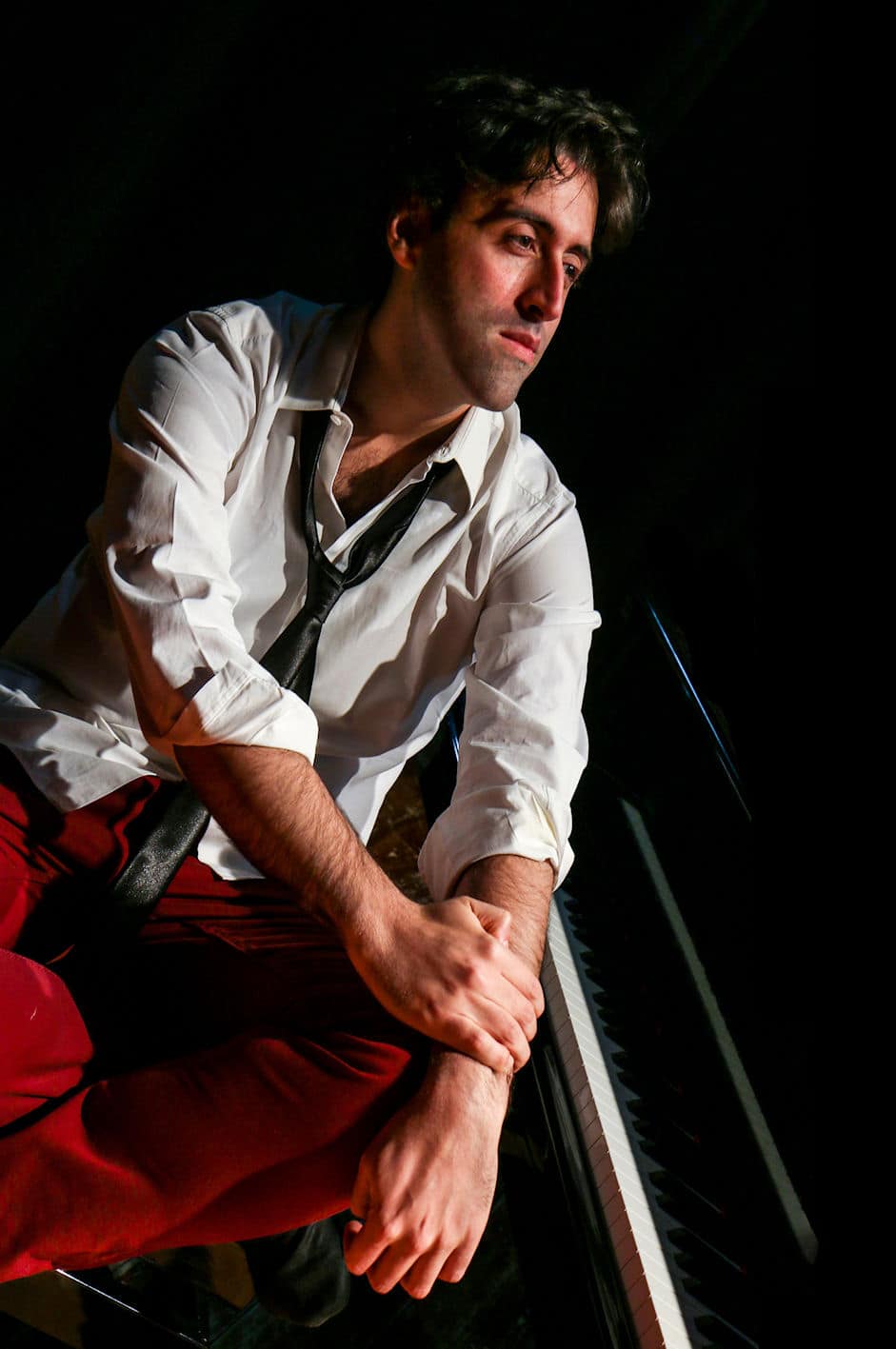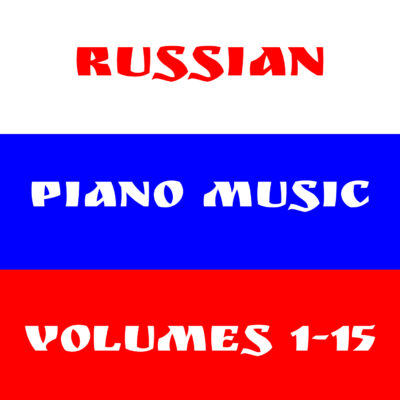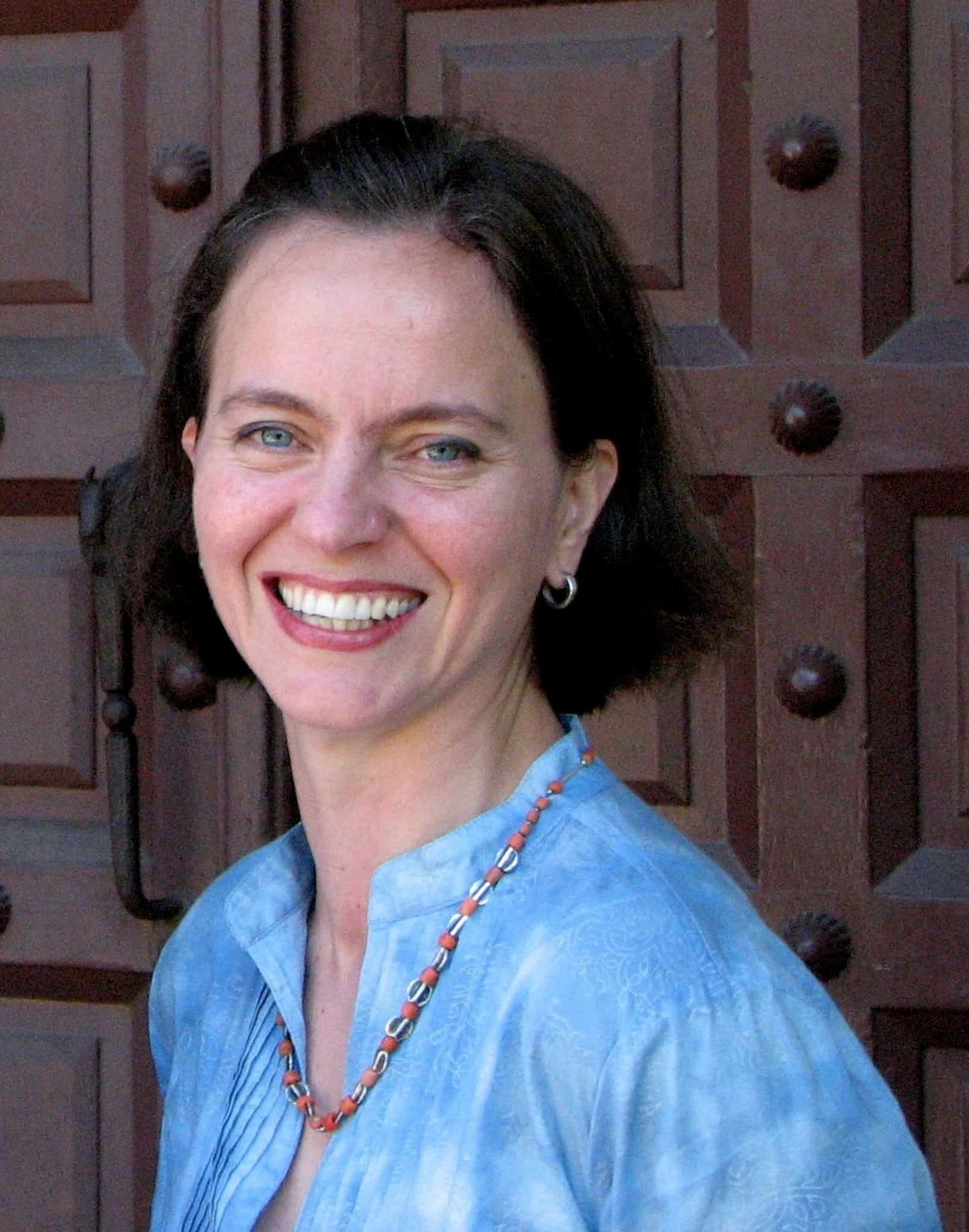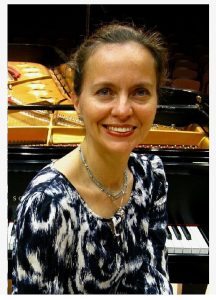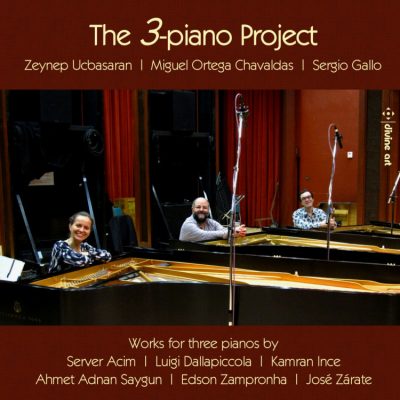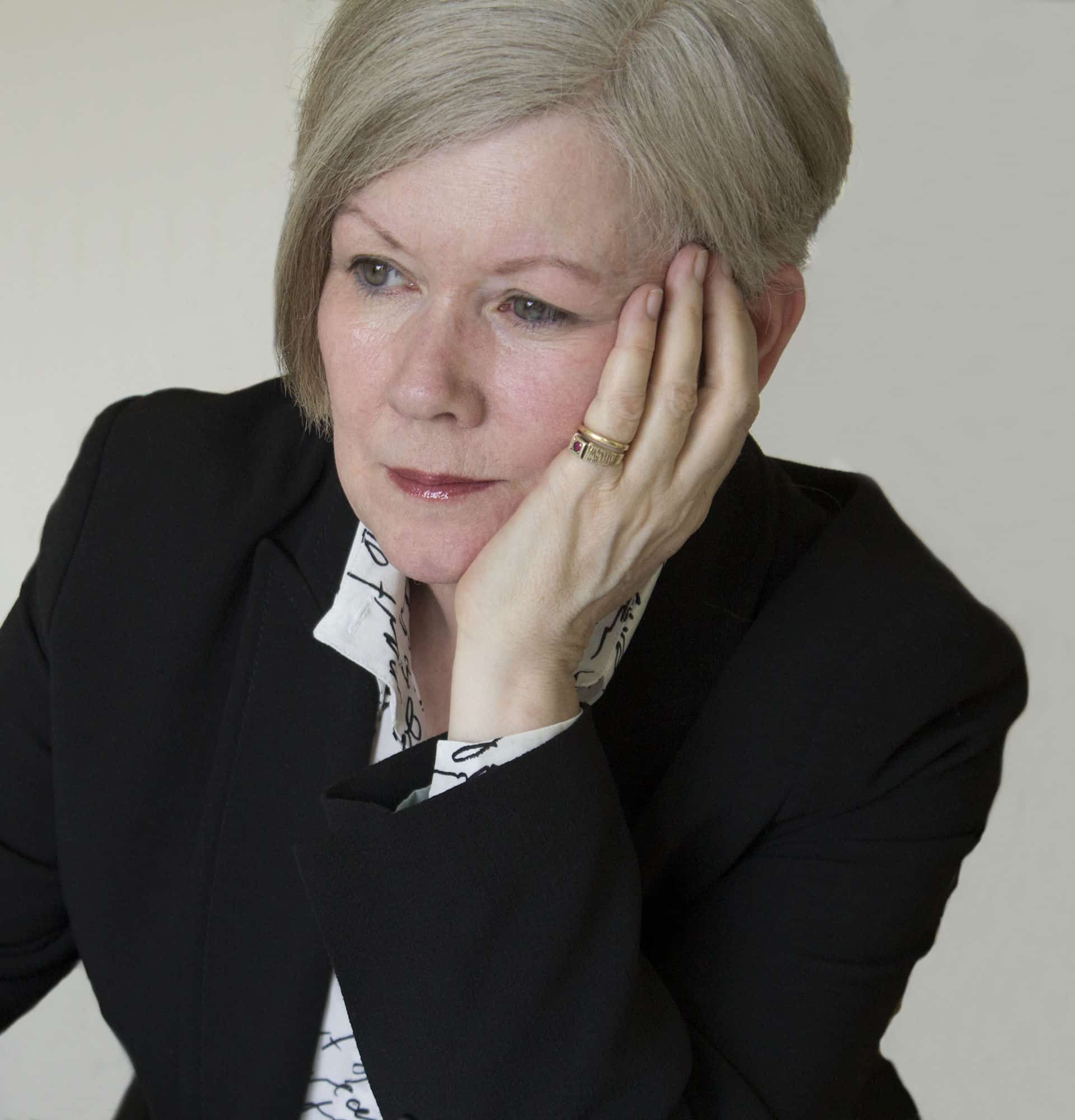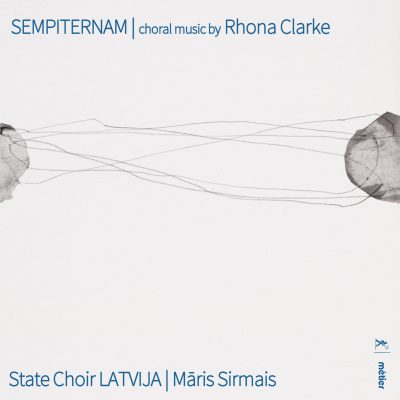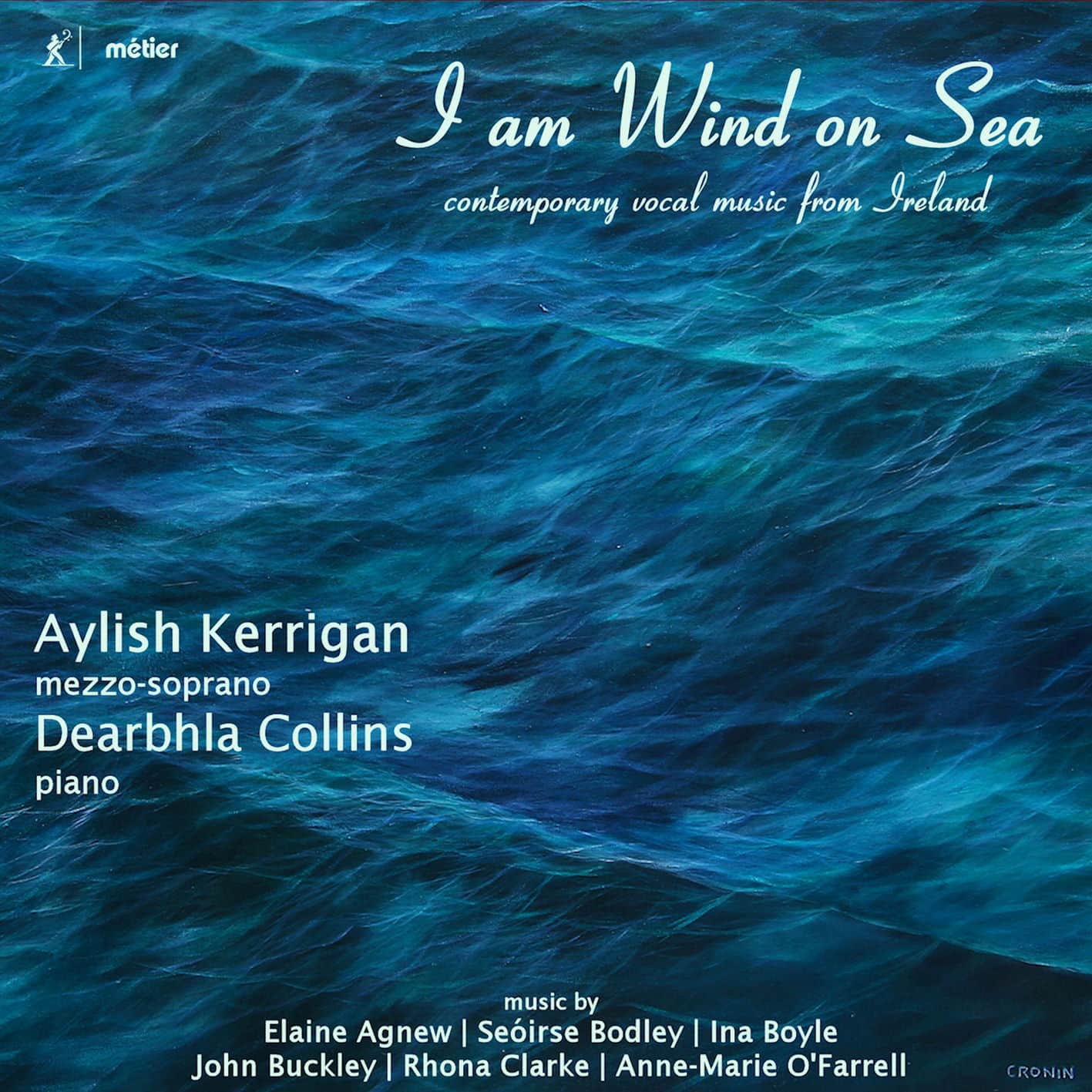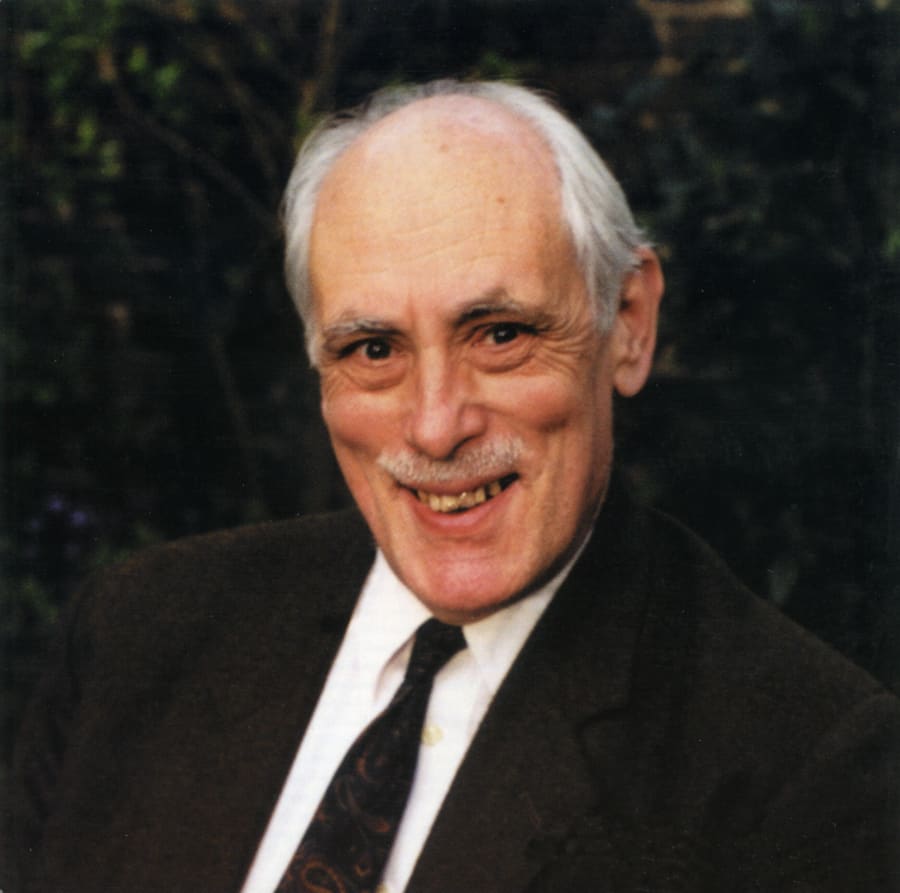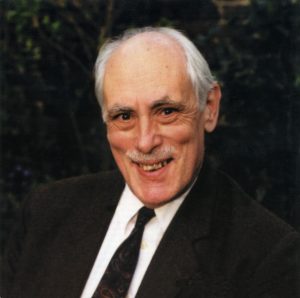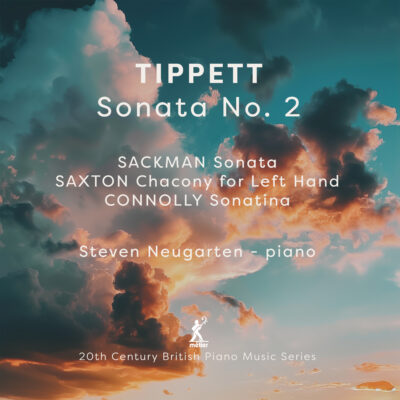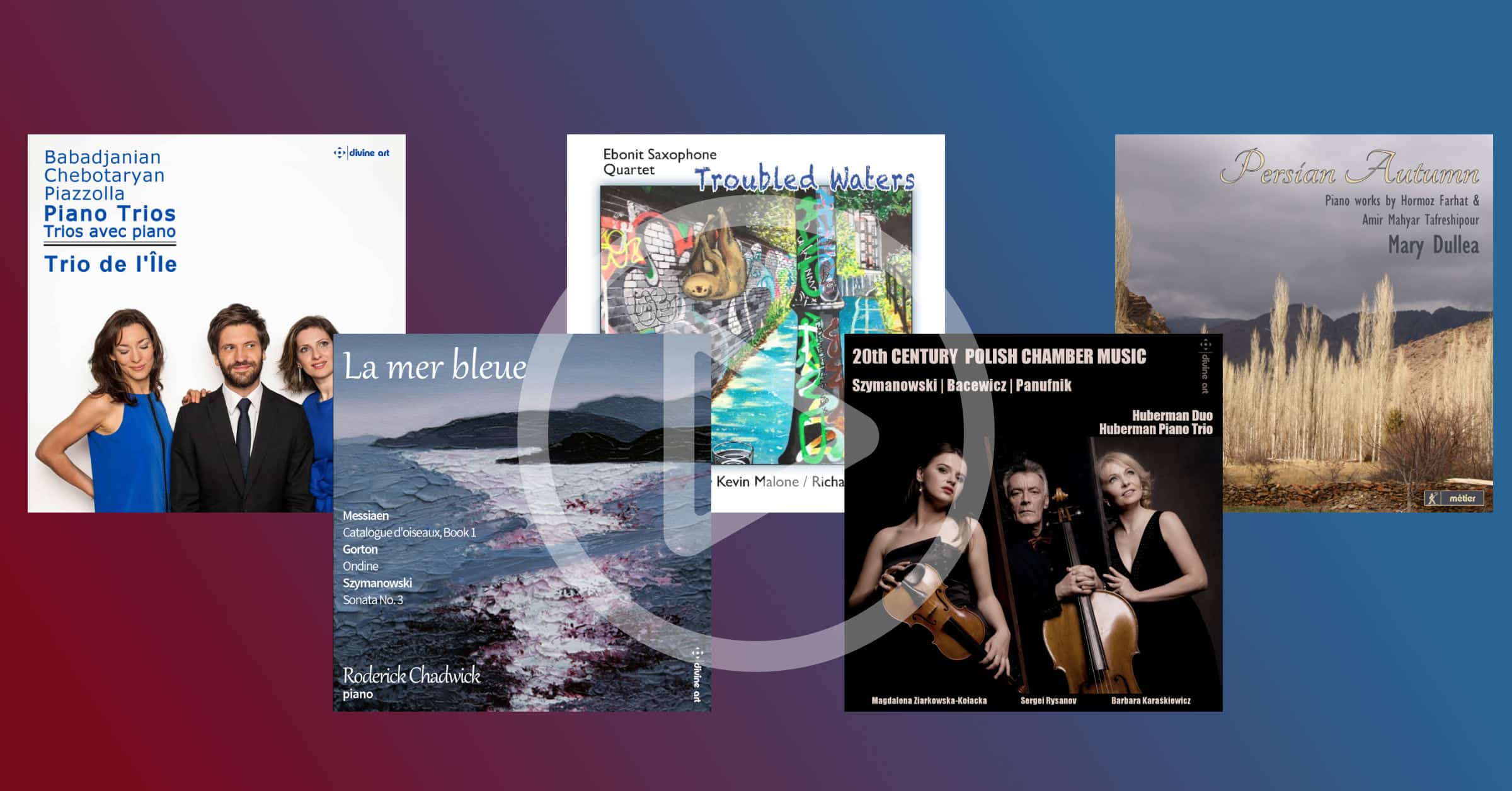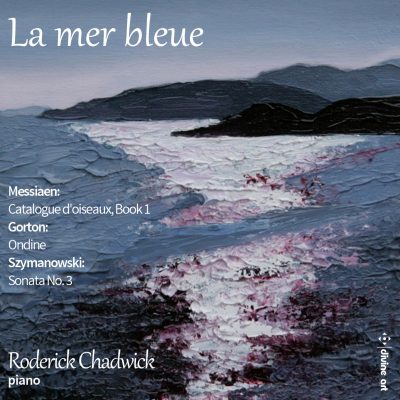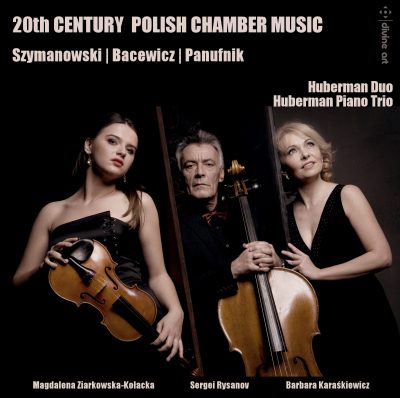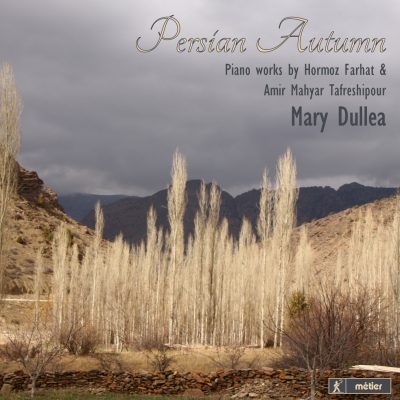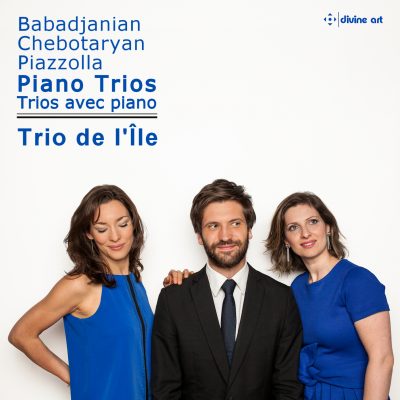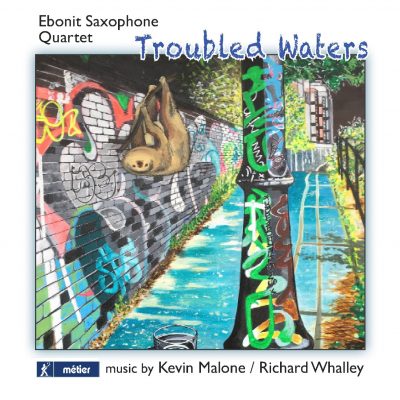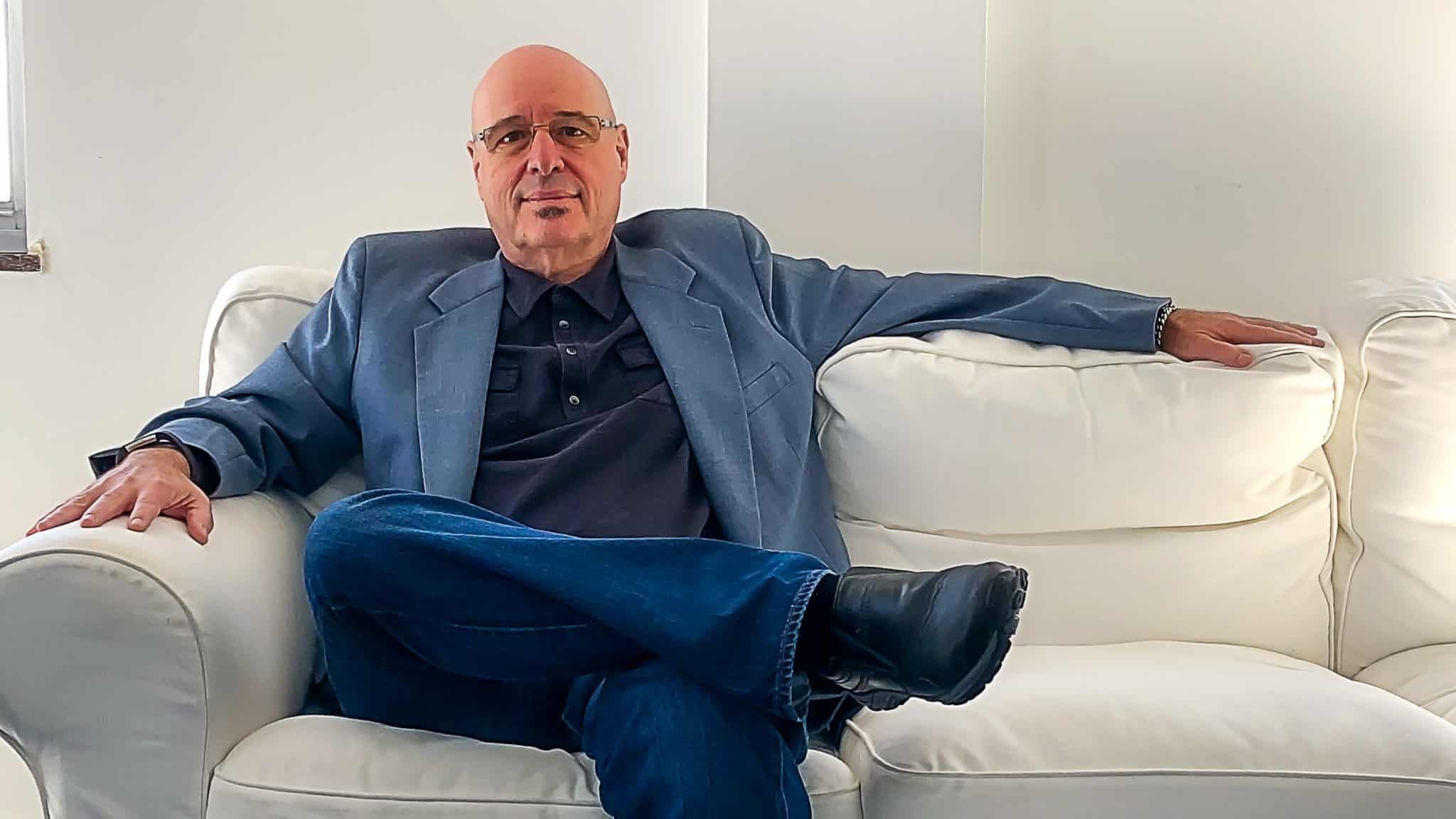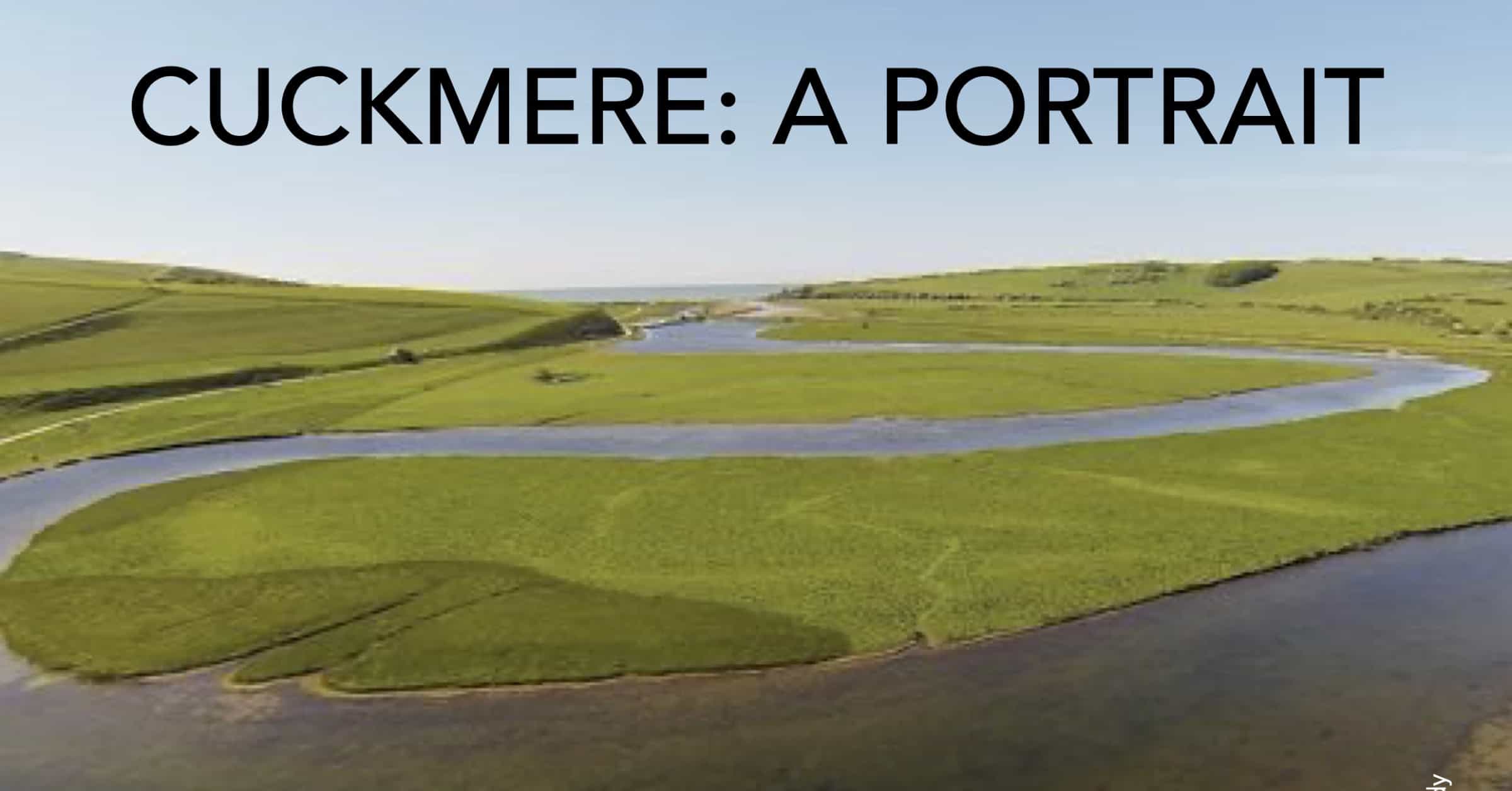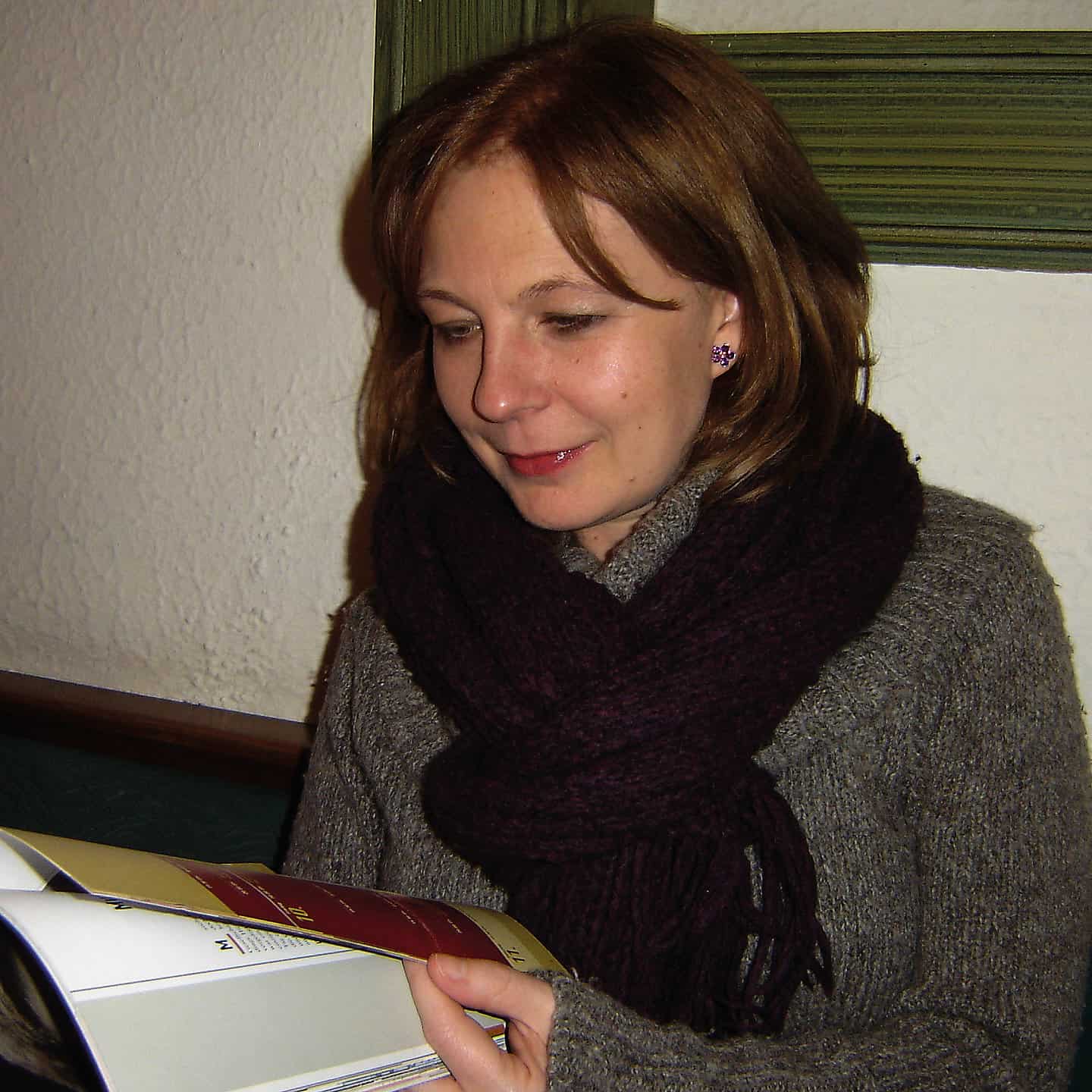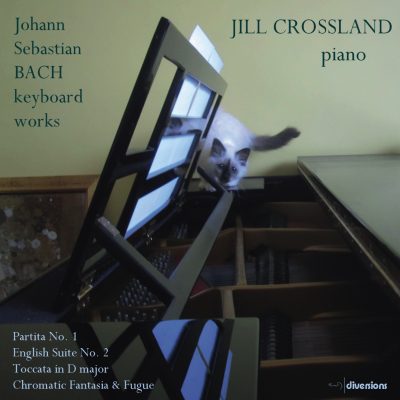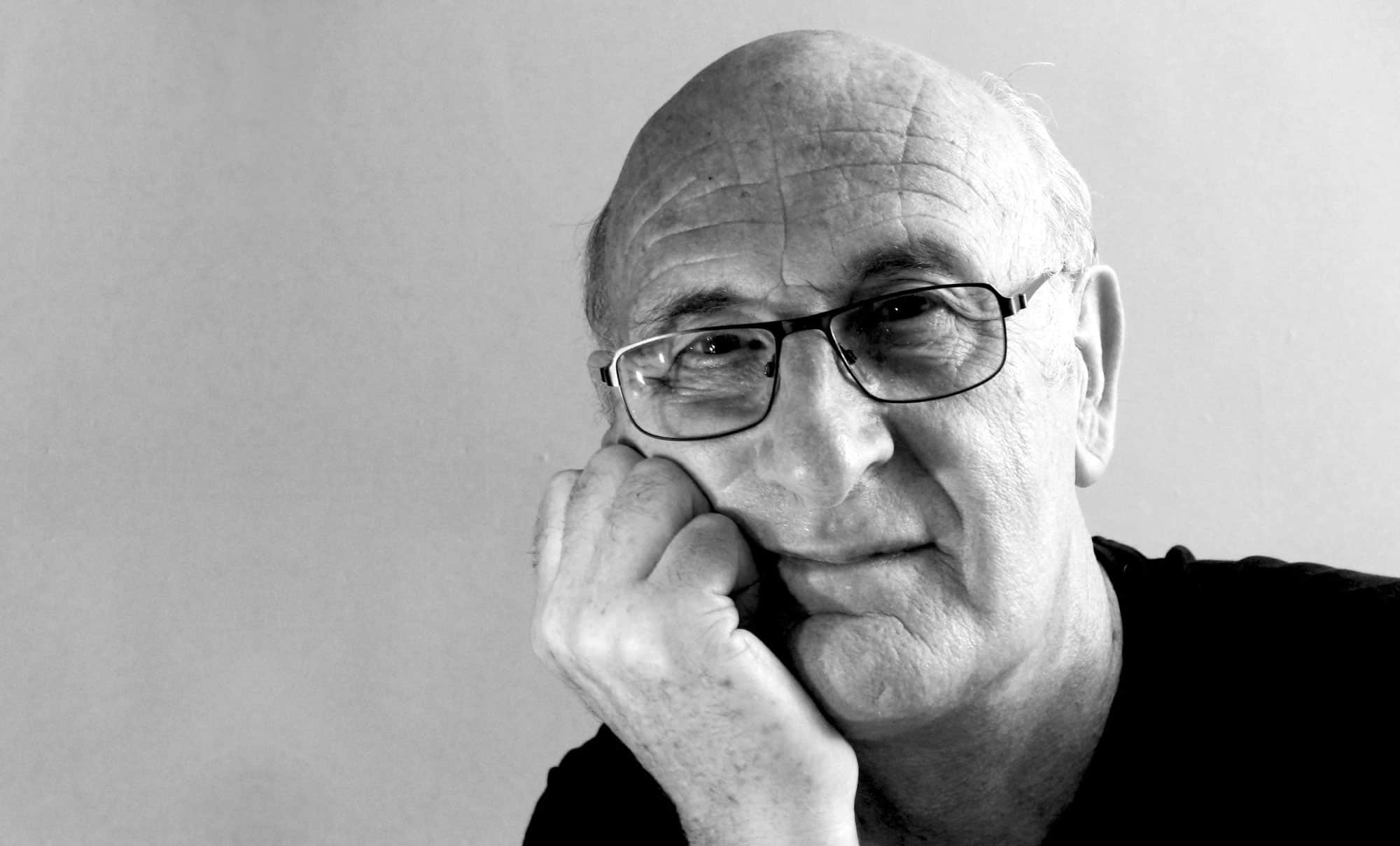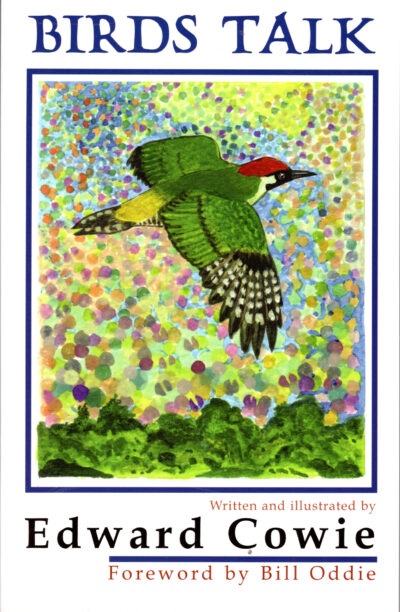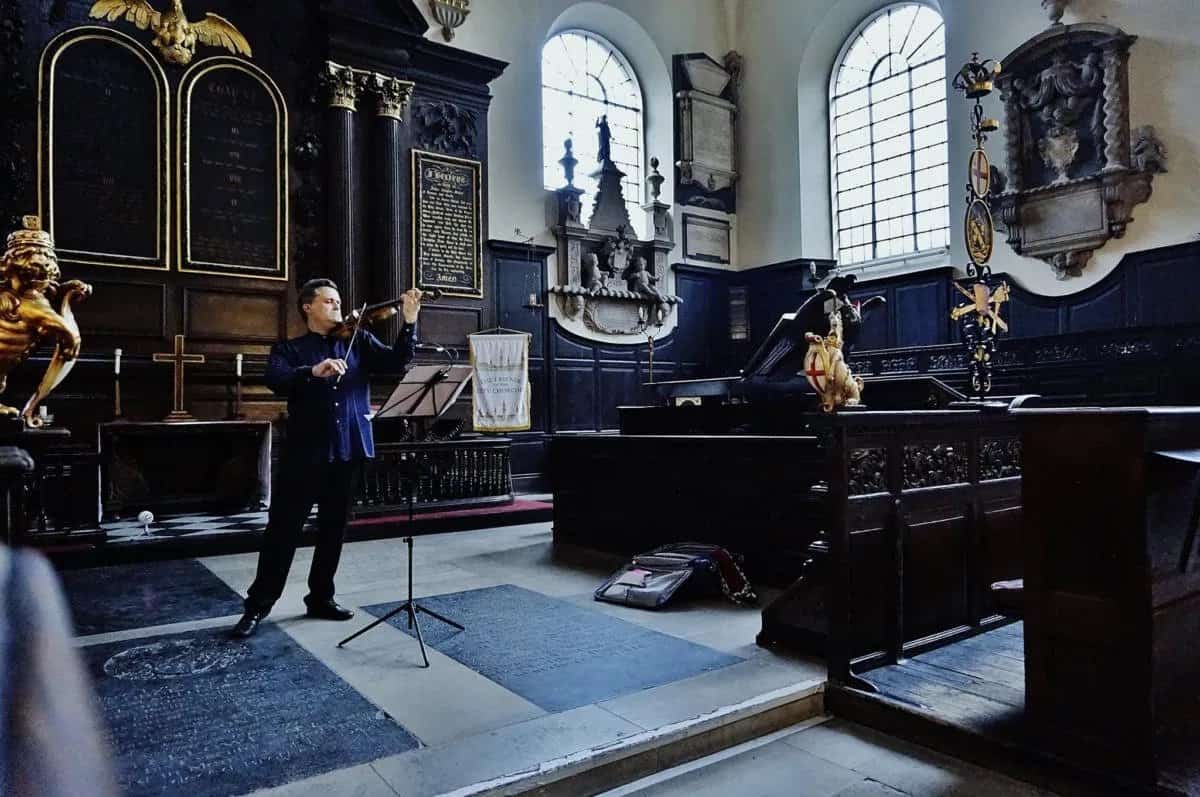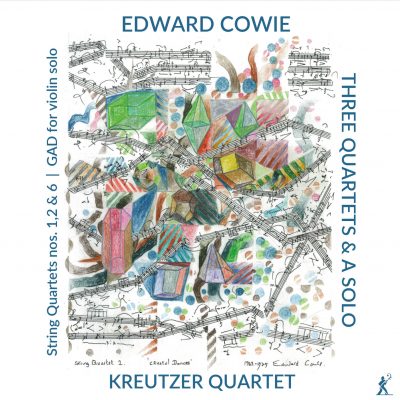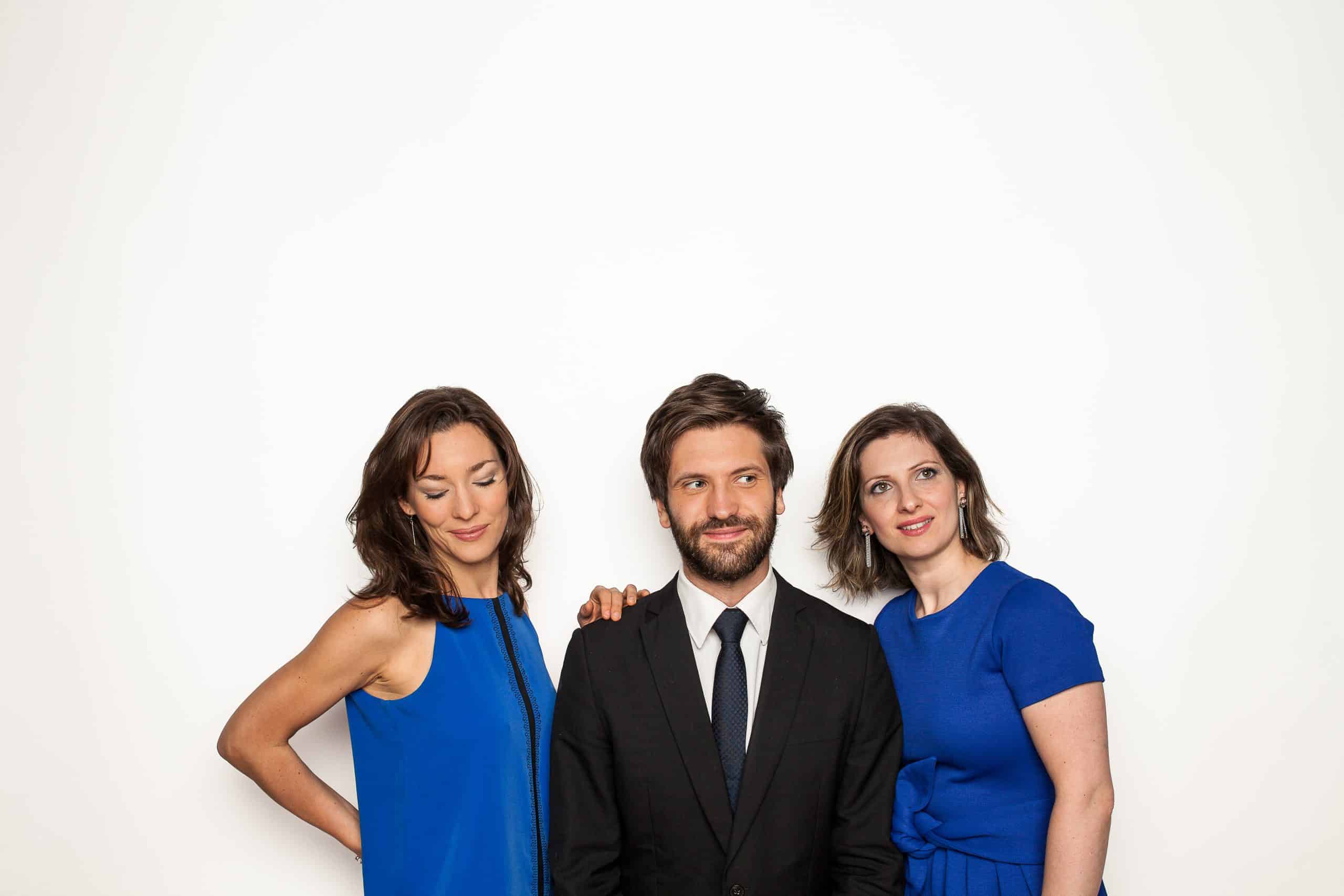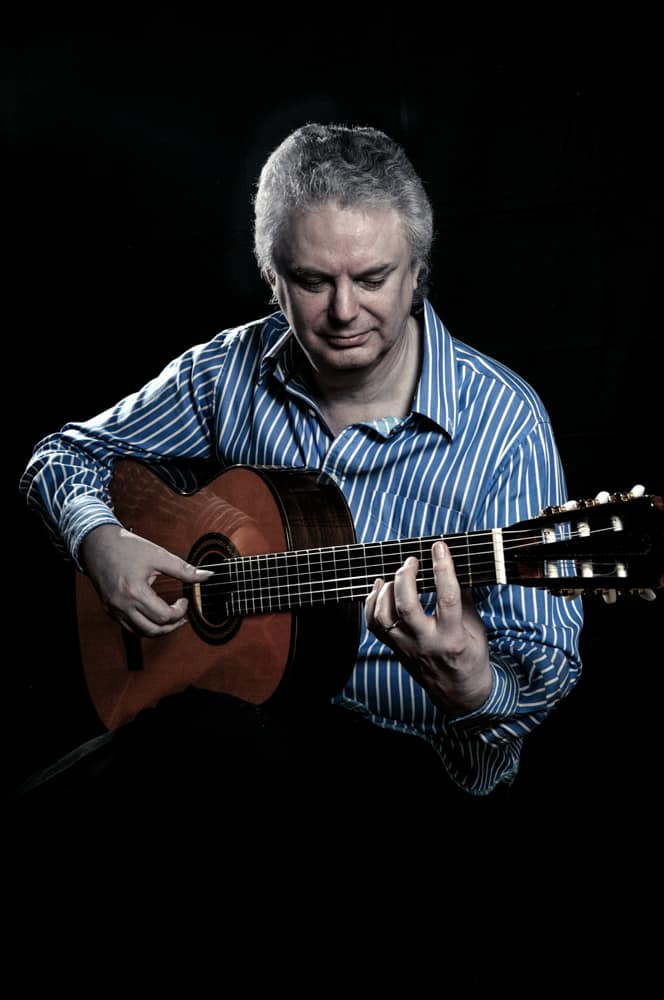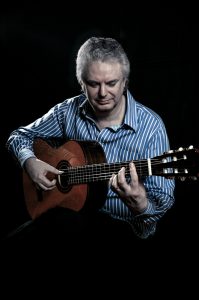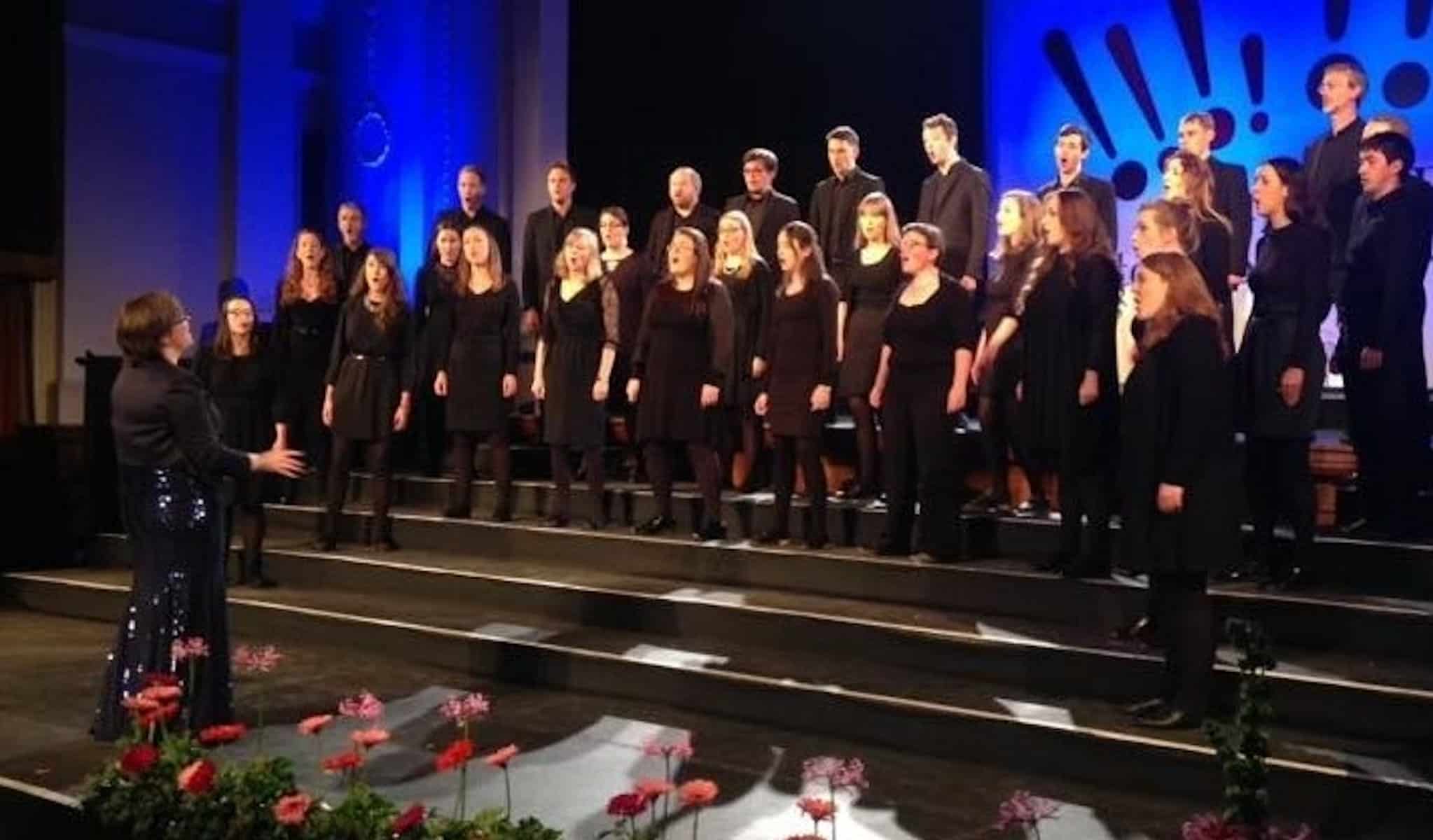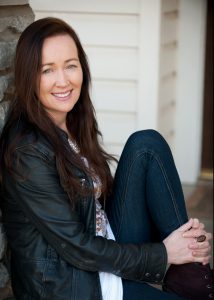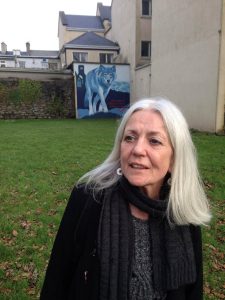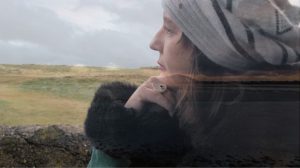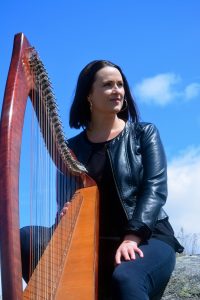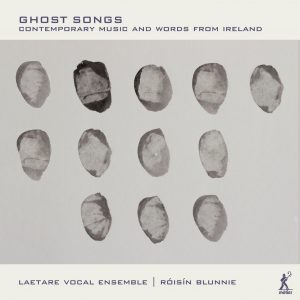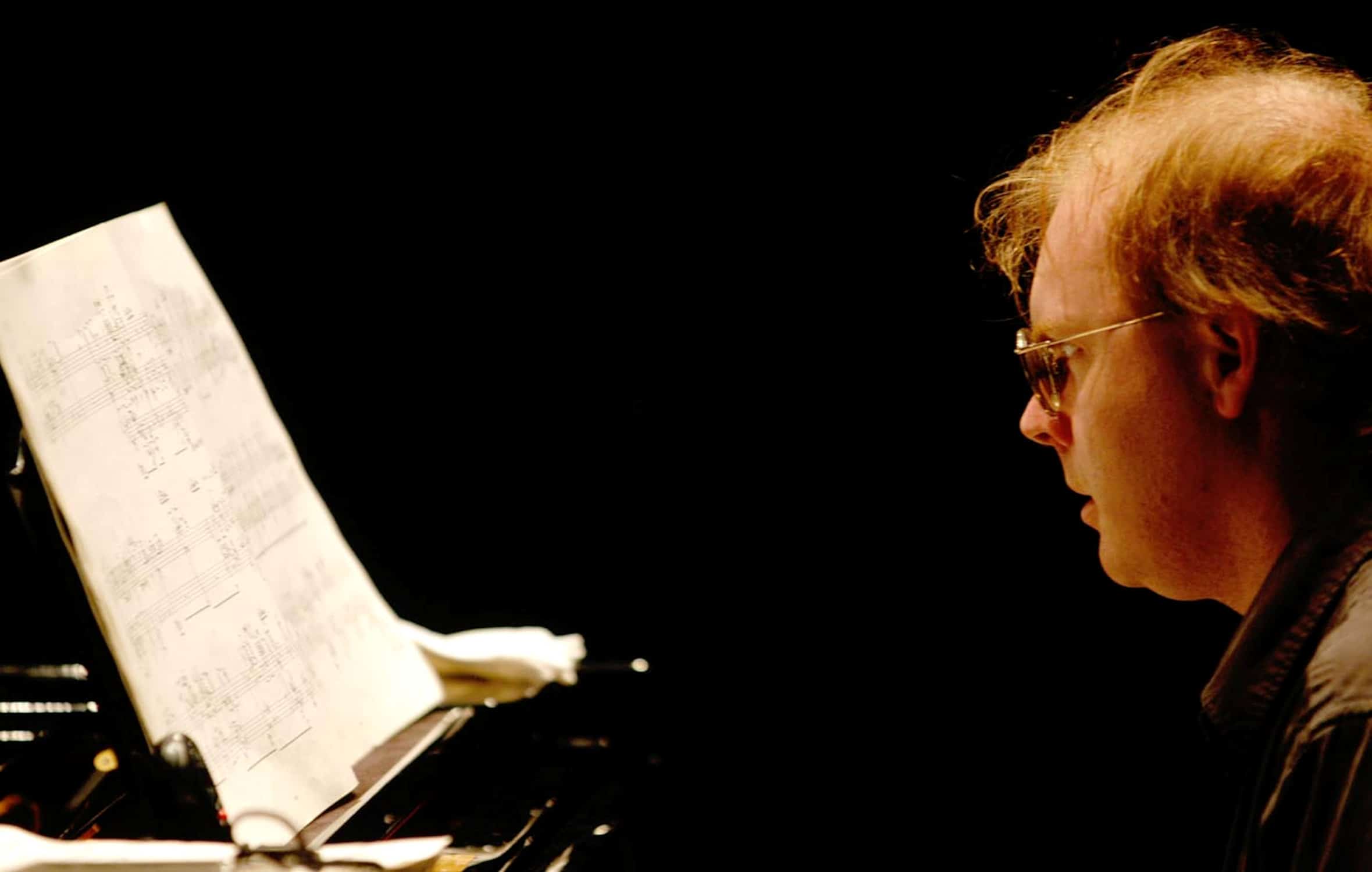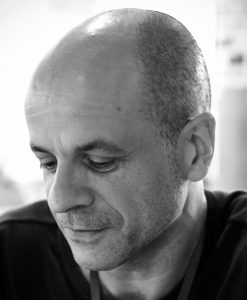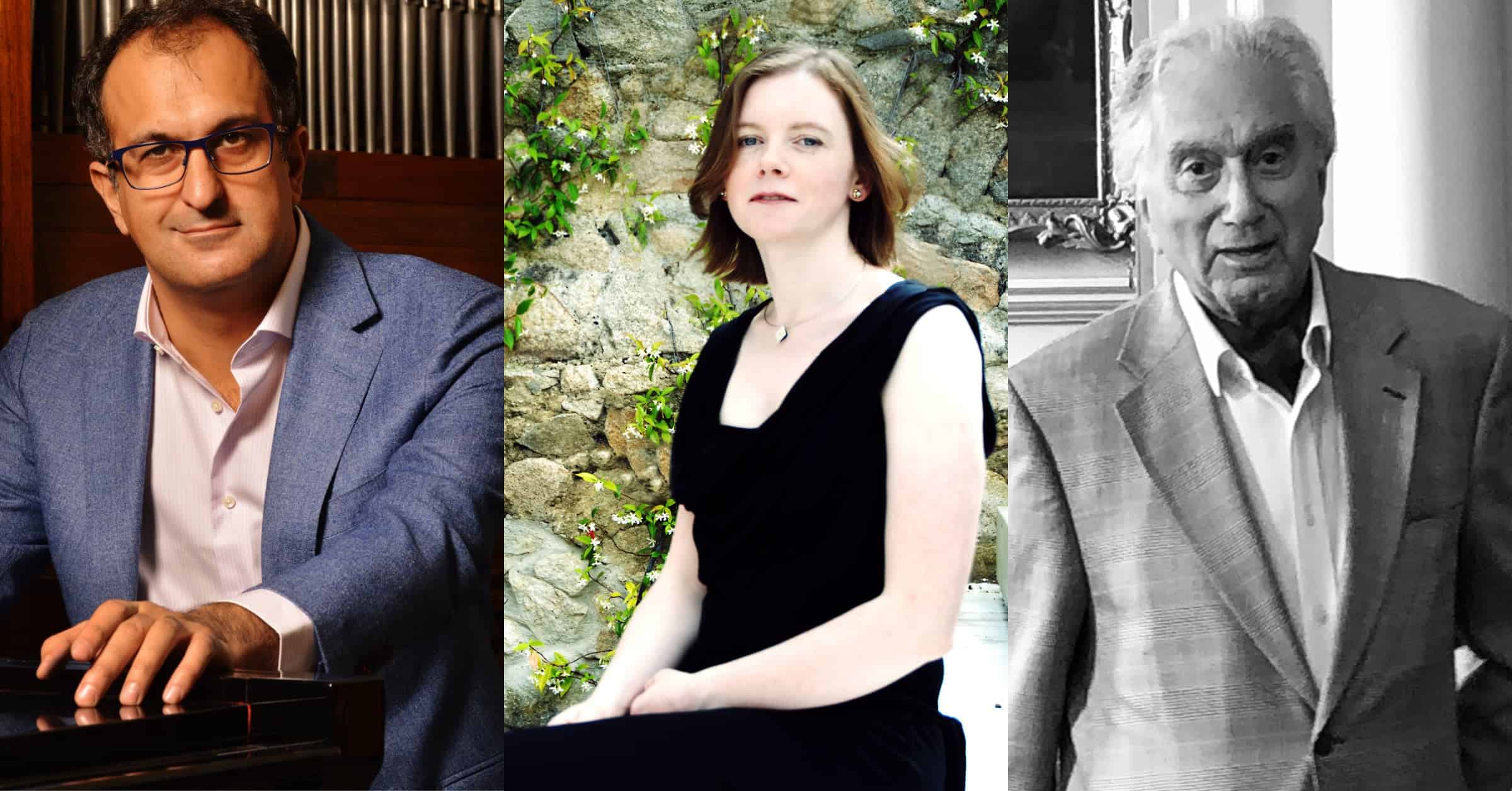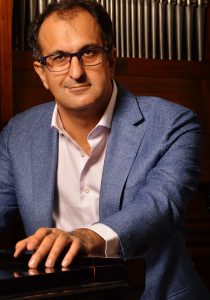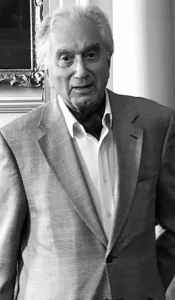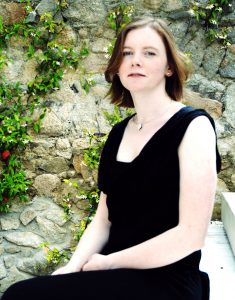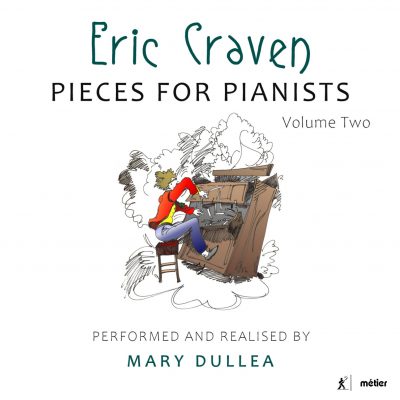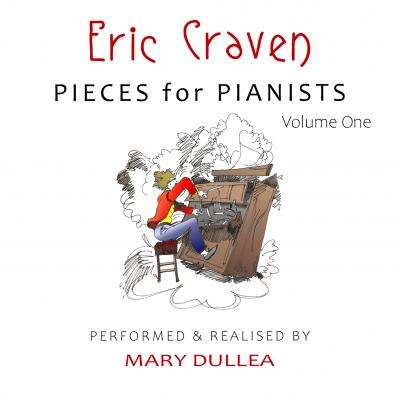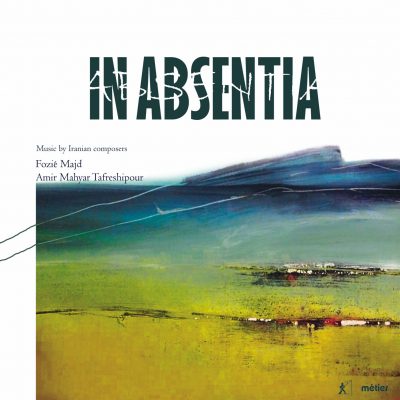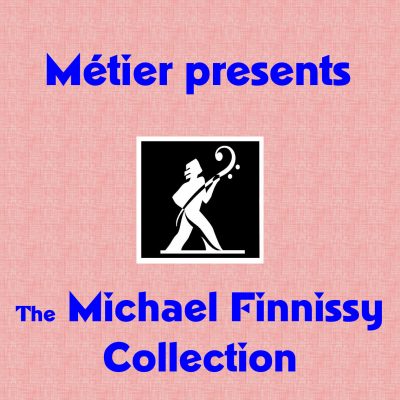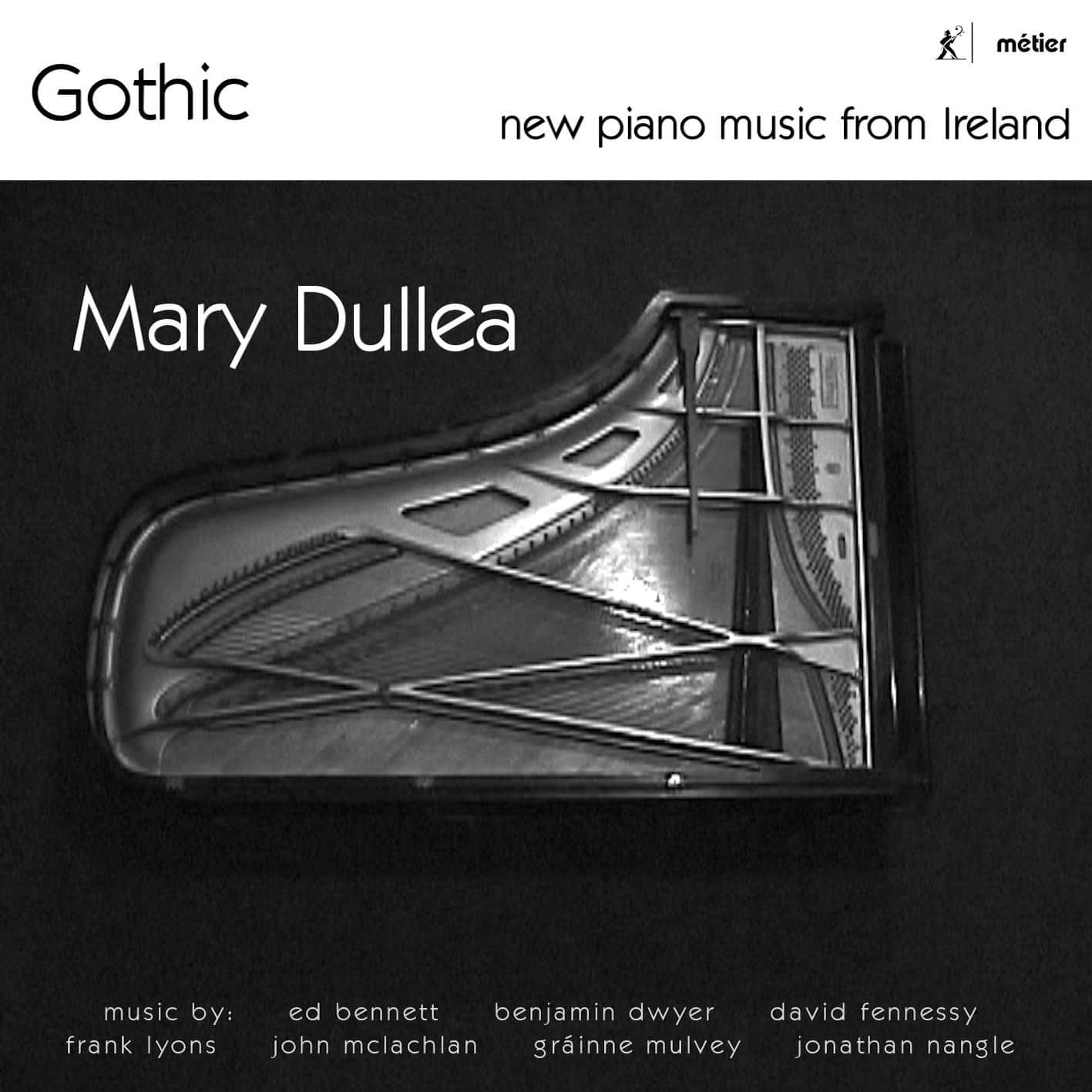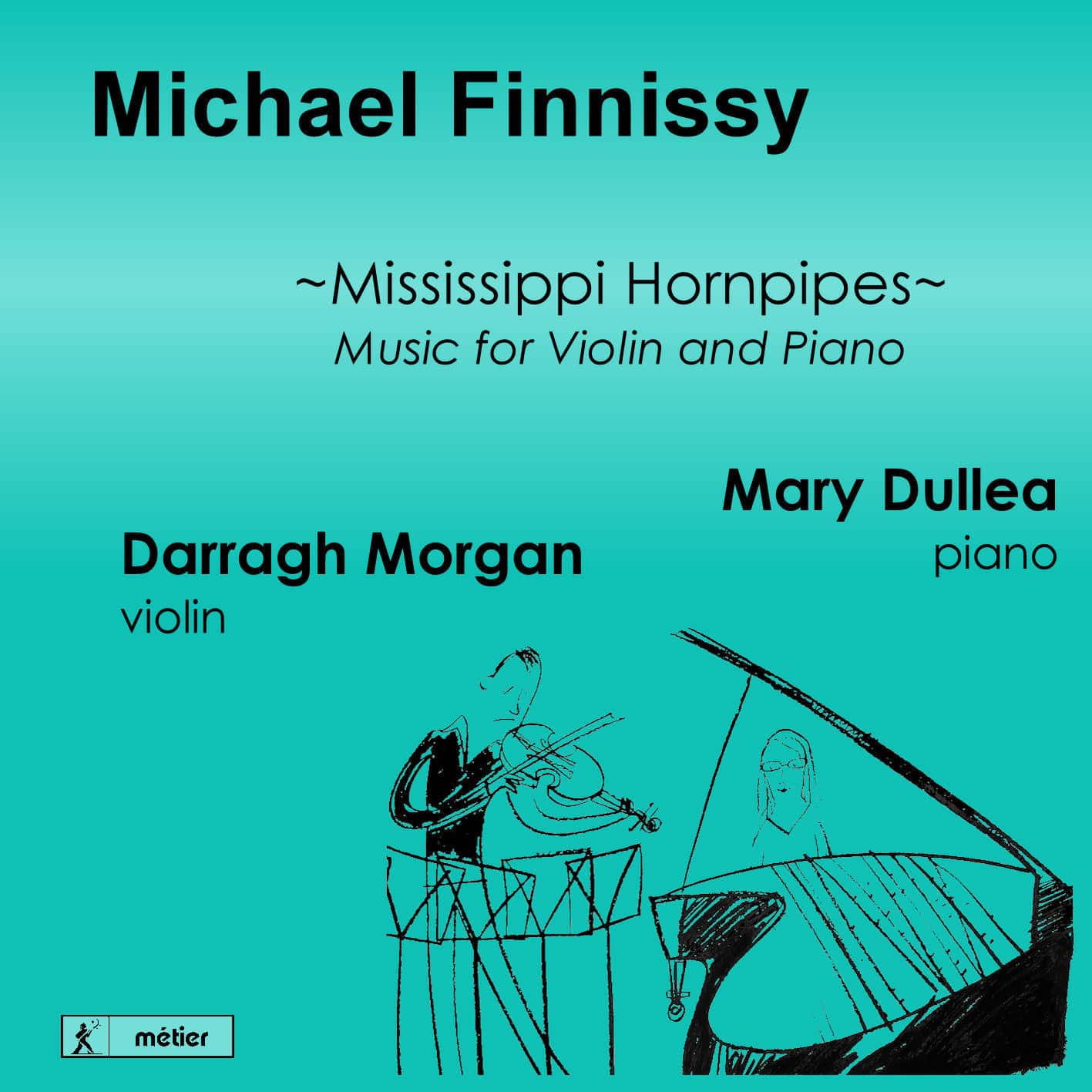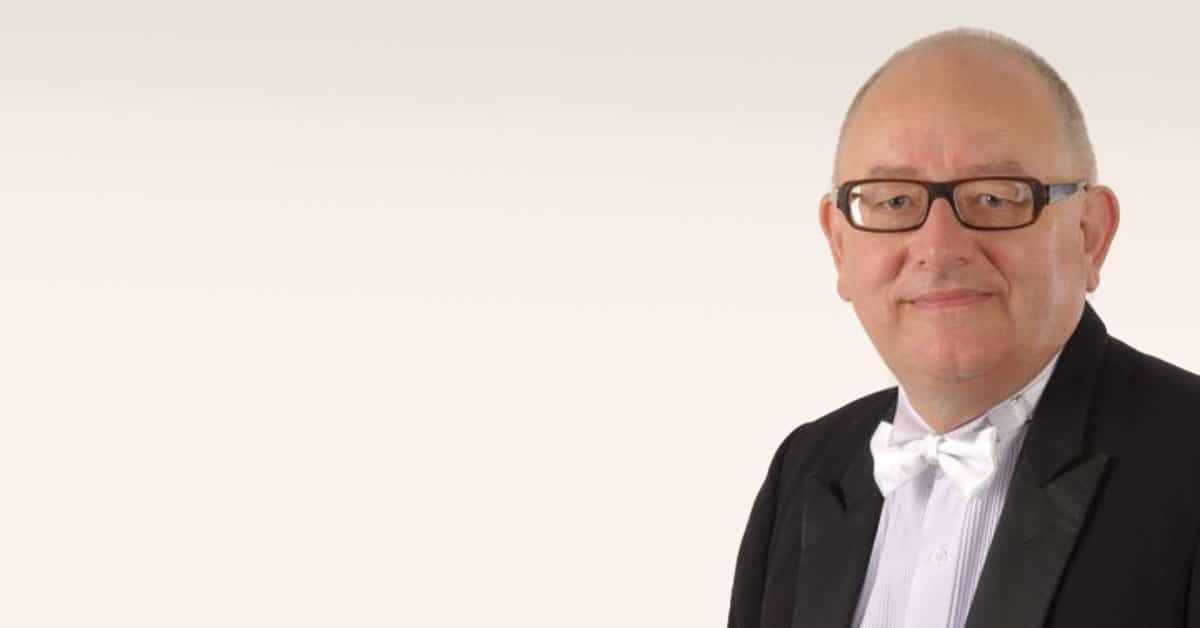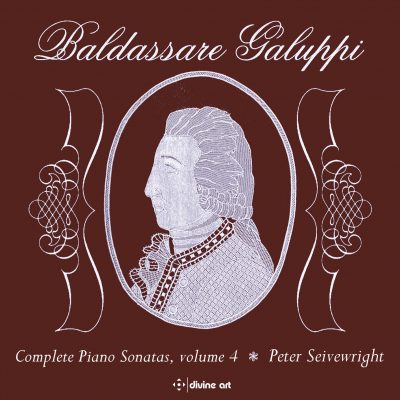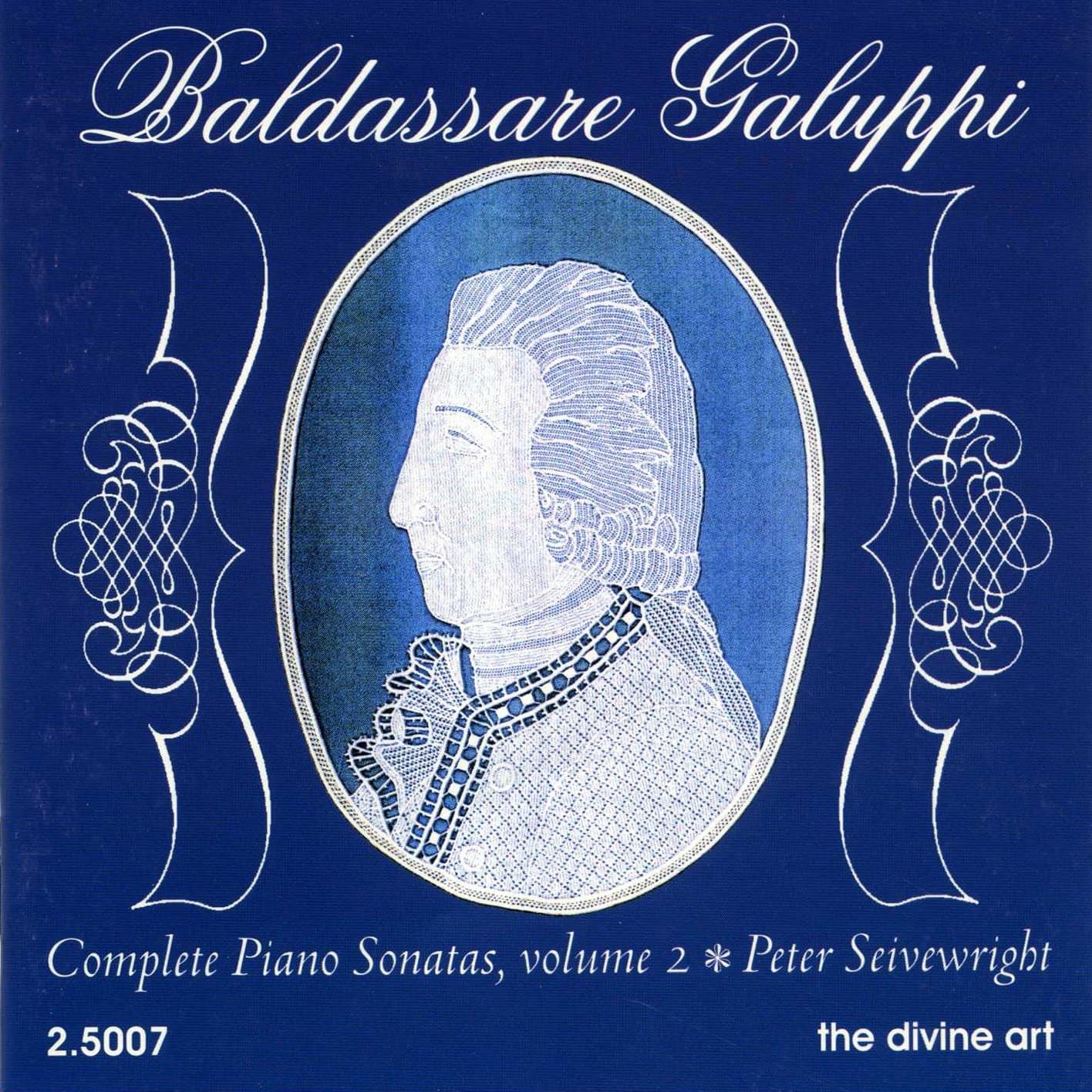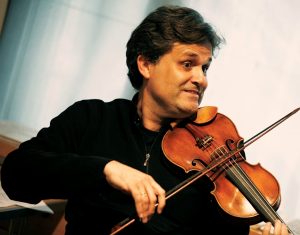
Divine Art Recordings Group (Athene division) will be adding to its highly praised Great Violins series in the spring of 2021 with the fourth volume, featuring a ‘Brothers Amati’ instrument from 1629, played as usual by the virtuoso Peter Sheppard Skærved. In practice the violin was most likely produced by Girolamo Amati with his son Niccolò; Girolamo continued using the ‘Brothers’ label for many years even after the partnership with his brother Antonio had been dissolved with great rancour!
Peter Sheppard Skærved describes the instrument as having extraordinary qualities. It has a front of spruce, the back a single piece of maple. It has particularly fine f-holes and purling in poplar and pearwood and is a magnificent work of art. It also has a phenomenal sound.
The music on this album is no less spectacular: the Six Partitas for solo violin by Johann Vilsmaÿr (1663-1722). These works constitute a bridge between the virtuosic solo writing from the end of the 17th century such as heard in the music of Biber, to the more philosophical masterpieces that would emerge in the 1720s from Bach and Telemann. Vilsmaÿr’s partitas include elements of both, from the use of older, rhetoric and virtuoso bravado to the later more considered (though still astonishing) style of violin-playing. The six partitas are also notable for the use of scordatura (non-standard tuning).
Peter Sheppard Skærved is one of the most accomplished violinists of our age with a hectic concert and recording schedule. Equally comfortable with ancient music and the very newest, as soloist or chamber musician with the Kreutzer Quartet and Longbow, he has had over 400 works written for him. His pioneering work on music for solo violin has led to international research, performances and recordings of many pieces and cycles. His recordings appear on several labels including the Athene (period instruments) and Métier (new music) imprints of the Divine Art group.
This new album was recorded at various dates (because affected by lockdown restrictions) during 2020 by engineer Jonathan Haskell of Astounding Sounds, who has been responsible for the very fine sound of this series, and is scheduled for release around April 2021.
Album Details
- Title: Great Violins IV: 111629 Amati
- Works: 6 Partitas (or parties) for violin alone by Johann Vilsmaÿr *
- Label: Athene
- Catalog number: ATH 23210
* The full title (excluding the very lengthy dedication) is Artificiosus Concentus pro Camera, Distributus Sex Partes, seu Partias à[sic] Violino Solo Con Basso Belle imitante

